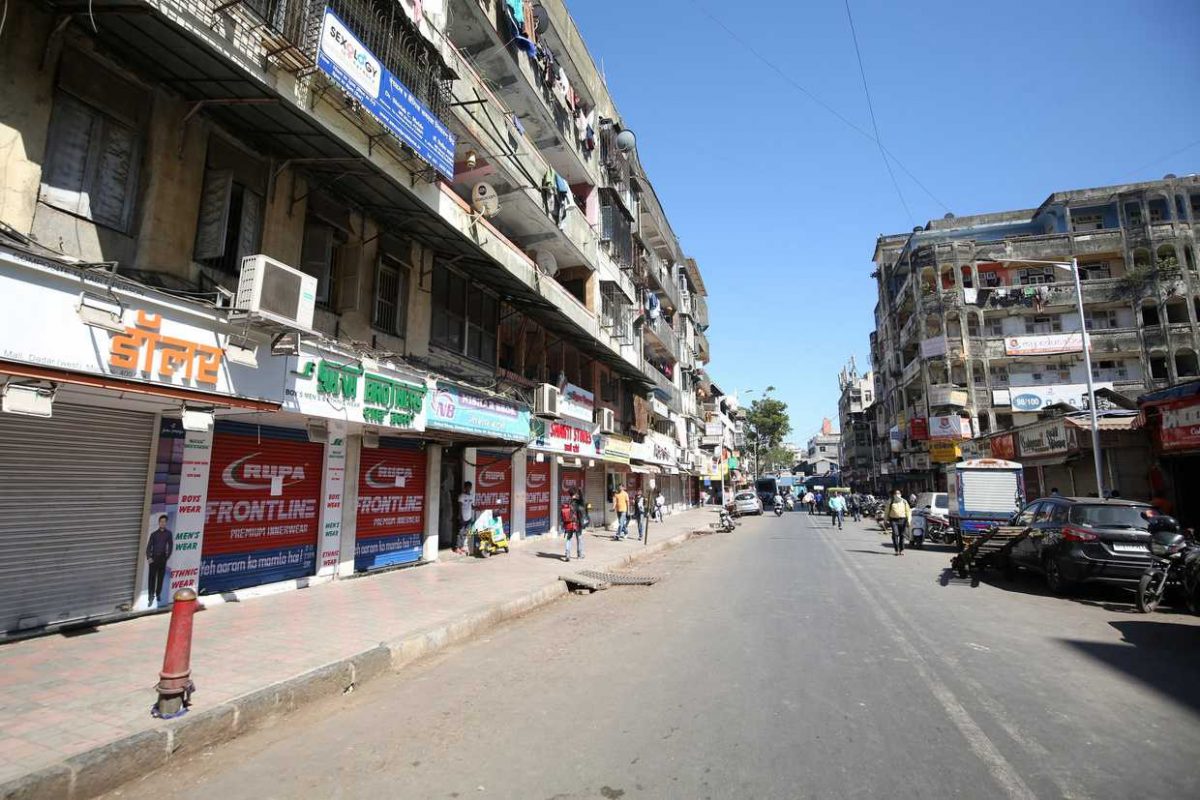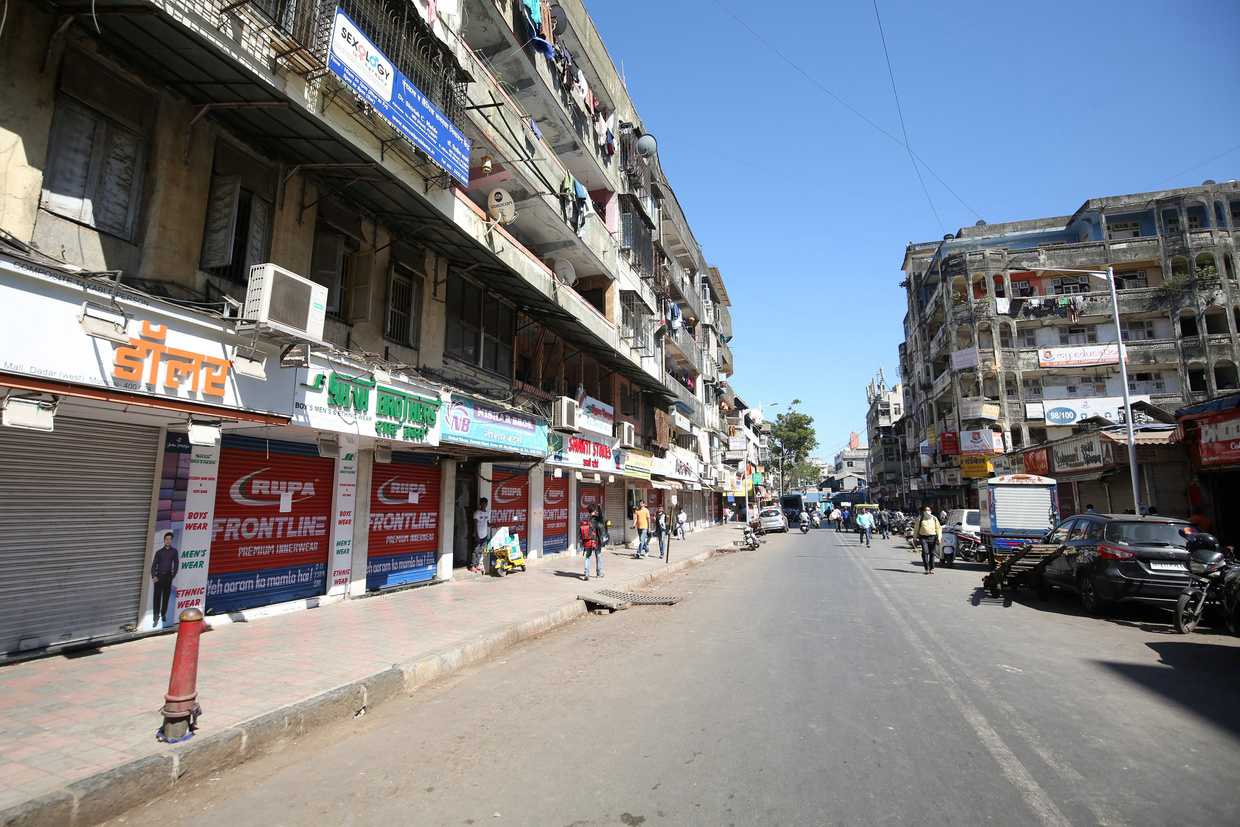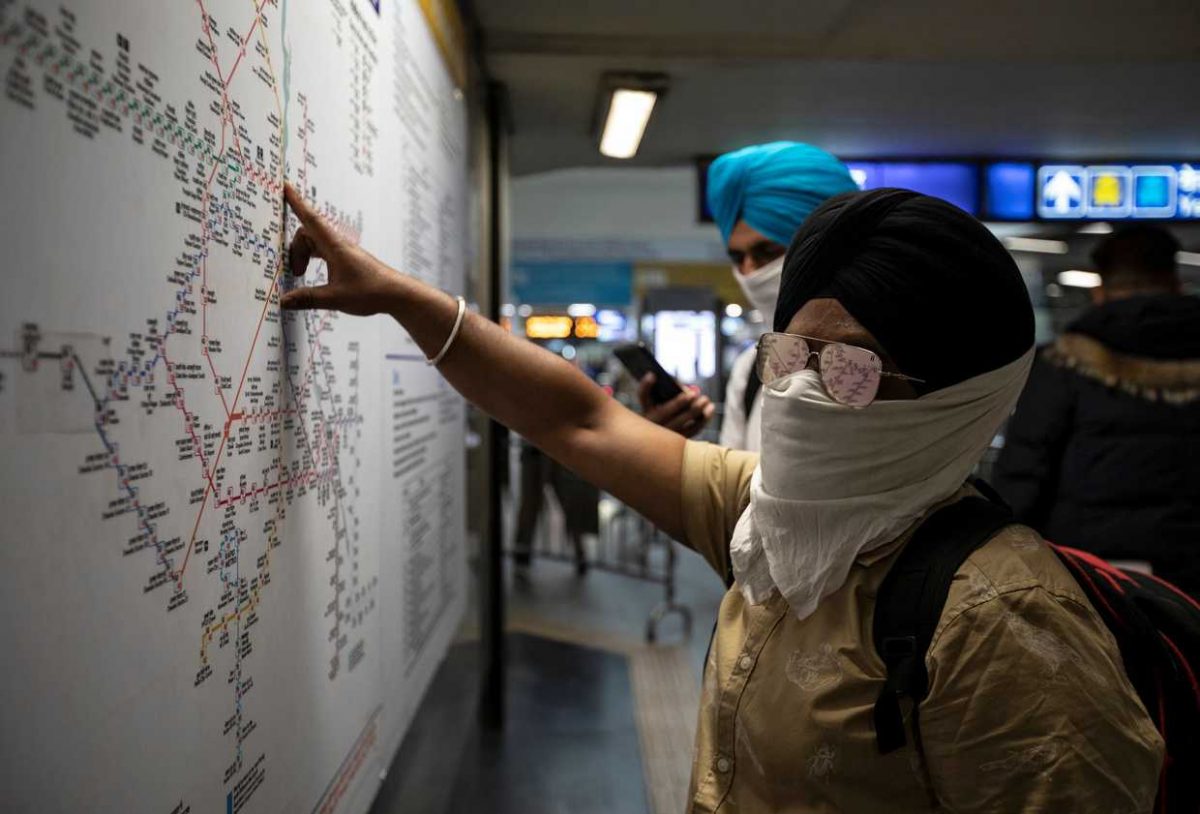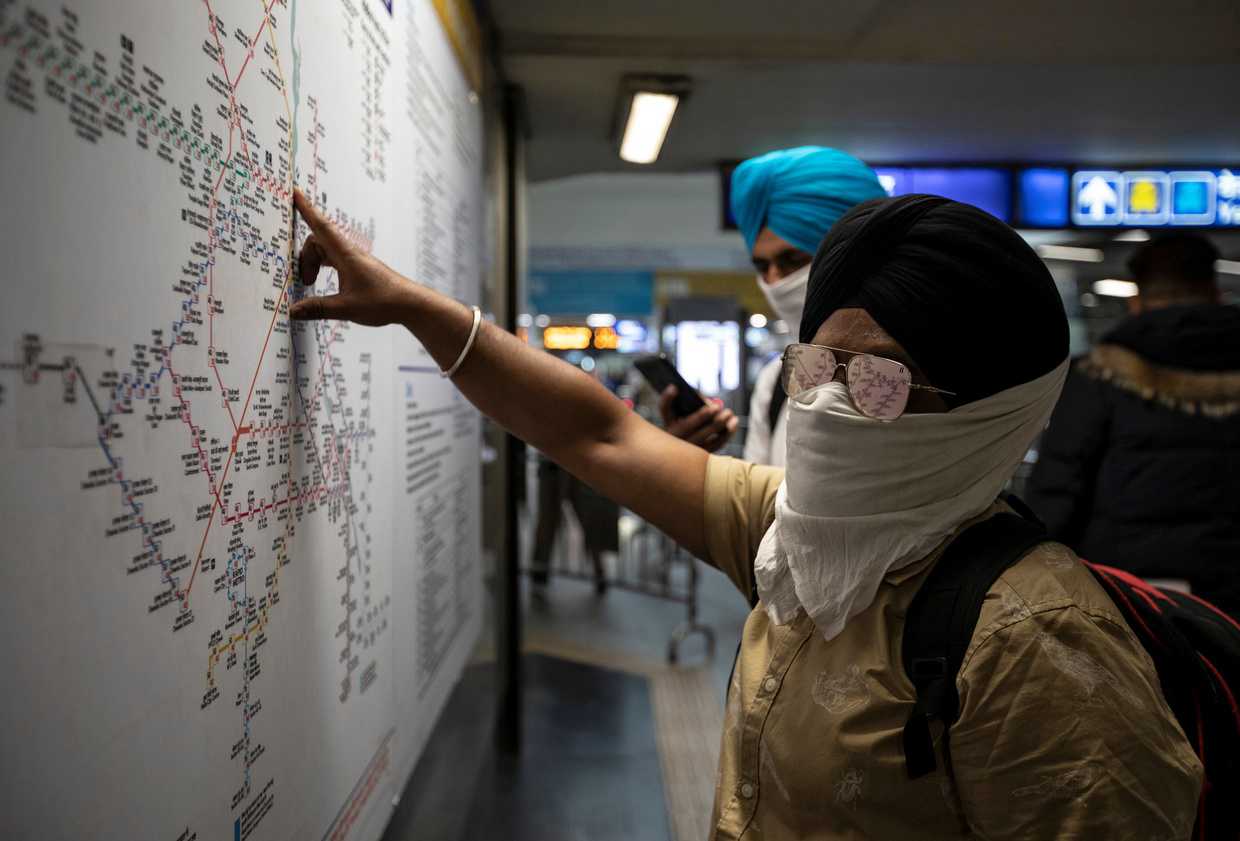新冠肺炎疫情直卷全球,有印度教信徒认为喝牛尿可以对抗新冠病毒,同时净化身心灵。他们坚信牛尿能消灭细菌,一直以来都有用牛尿作为家中的消毒剂。不过新型冠状病毒是一种病毒,并非细菌。而专家表示没有证据显示牛尿可以抗疫。
分类: bharat
-

Near-deserted streets of Mumbai, India, after government imposed restrictions on public gatherings in attempts to prevent spread of COVID-19, March 19, 2020

Near-deserted streets of Mumbai, India, after government imposed restrictions on public gatherings in attempts to prevent spread of COVID-19, March 19, 2020 India’s secondary education exams, a touchstone for millions of teenagers aspiring to a quality higher education, have been postponed. Universities have been asked to shutter till the end of March. A government advisory has asked persons above 65 and children below 10 to stay at home. There is no telling when an evening out in shopping malls, now closed, will be in the realm of possibility again.
India’s health ministry has been converted into a virtual war-room. Screenings are no longer limited to the airports alone. Random tests are being administered to citizens, albeit on a very small sample still. Approved laboratories are training new ones. Quarantine beds and virus kits are being built up, while the export of drugs has been halted.
India has reasons to be concerned. If the worst fears were to come true, it would struggle with medical preparedness. It is a densely populated country, with big cities having upwards of 20 million residents. Hygiene is still a worry. Millions of Indians can’t stay indoors all the time, either: if they do, they could spend nights on an empty stomach. An urban civilization, breathing in a tropical climate where infectious diseases thrive, is flirting with a horrific tragedy.
India simply can’t afford to overburden its medical infrastructure. Indeed, Modi has asked citizens to avoid hospitals if they can.
“Postpone surgeries if you could; don’t burden hospitals; seek advice from family doctors or on phone,” he said.
-

Commuters wearing handkerchiefs as masks look at a metro train map at a station, amid coronavirus disease fears, in New Delhi, India

Commuters wearing handkerchiefs as masks look at a metro train map at a station, amid coronavirus disease fears, in New Delhi, India The telltale signs on the streets and in the neighbourhood do convey that people are on the edge. Long stretches of once-busy streets are now deserted. Neighborhood parks, usually bustling with humanity in the morning and evening hours, are now almost empty. House-wives are stacking up shelves in kitchens with essentials, lest they run out of stocks. Masks and sanitizers are not easy to come by.
If Modi’s words are heeded, we could see a spectacle at 5 pm on Sunday, when millions could be whistling or clapping for those legions of masked medical and other essential staff who are standing between “you and corona,” in the PM’s words.
“We should be at the forefront of this fight against the pandemic. Like the doctors and nurses, baggage handlers and crew members of aircrafts who are evacuating stranded Indians from abroad,” Modi said.
Although the PM has said he does not intend to abandon the ongoing budget session, it is clear that the pandemic has disrupted many of his ambitious plans, from modernizing India’s army and economy to expanding trade and becoming a leader in the region. All of that will now have to take a back seat to battling the coronavirus – with Modi’s political survival, as well as that of millions of Indians, on the line.